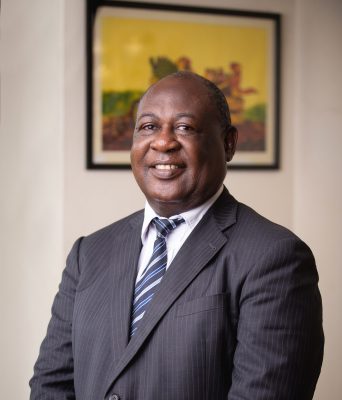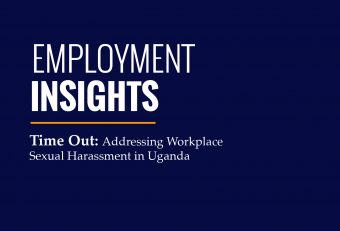On 21st March 2020 Uganda registered its first covid-19 case. The Covid-19 pandemic caught Uganda during an election period. It was clear the December 2018 Election Commission Roadmap could not be implemented. Religious leaders used their privileged positions on the pulpit and other forums to mount pressure on President Museveni to declare a state of emergency and put off the Presidential, Parliamentary and local council elections indefinitely. Civil societies and politicians of various shades joined the queue.
Under Article 110, the President is empowered to declare a state of emergency if he is satisfied that circumstances exist which among other things, would render the declaration of a state of emergency necessary for securing the public safety, the defence of Uganda and the maintenance of public order and supplies and services essential to the life of the population.
The declaration of a state of emergency would, under article 77 (4) prevent normal elections from being held, and therefore cause a freeze on both presidential and Parliamentary elections, but under both Articles 77(4) and 110 all organs of Government including executive and legislative must continue to function even during a state of emergency.
Uganda’s situation is complicated by the fact that both Parliamentary and Presidential five year terms are to expire in May 2021. Whereas under article 77(4) the life of Parliament can be extended by its own resolution for a period not extending six months at a time during an Emergency situation, the constitution does not provide for a case where a Presidential election simply cannot be held.
Article 109 only comes into play when the President for any reason is unable to perform the functions of the President and not because an election could not take place. It would not therefore serve any purpose for Parliament to extend its term when there is no executive in place. Moreover the operationalization of Article 110 requires the existence of a President who is required to cause the proclamation declaring the state of emergency to laid before Parliament for approval not later than fourteen days after it was issued.
The declaration of a state of emergency would therefore have created a power vacuum. The resultant anarchy, chaos, and breakdown of law and order as a result of absence of leadership would have been too terrible to contemplate. It required the foresighted leadership of President Museveni at that crucial time, to forge a delicate balancing act-saving the lives of Ugandans, simultaneously preventing the spectra of a power vacuum.
The path which the President took included closure of all Educational Institutions, Suspension of communal prayers in Mosques, Churches, and Stadia or other open air venues, Stoppage of all public political rallies, cultural gatherings or conferences.
Others included stoppage of all public passenger transport including stoppage of all passengers coming into Uganda by air, land or water which affected in-coming planes, buses, taxis or boats; and prohibition from entry by pedestrians from the neighbouring countries. In addition a nationwide lockdown which included a night curfew was put in place.
The regulations under public Health Act, cap 21, enabled the regulation, restriction or prohibition of any persons, animal, articles entry into the Country as well as imposing requirements and conditions regarding medical examination, detention, quarantine, disinfection, vaccination, isolation or medical surveillance of persons entering the Country, or the examination, detention or disinfection or otherwise of such persons, articles or things being introduced in the Country.
These measures were demonstrably justifiable for the safety and wellbeing of the citizens and did not constitutionally or contextually compromise the non-derogable rights but ensured that the lives of Ugandans were protected from this killer worldwide pandemic whose consequences may be more terrible than what even the most moderate, could have predicted. Moreover the Courts were still operational to handle urgent matters especially those pertaining to the inviolable rights of individuals under the Constitution.
At the time the Covid-19 health protocols were put in place, the EC was already implementing the preliminary activities under the Roadmap for the 2020/2021 General Elections. Following the partial lifting of the country wide lockdown, the EC revised the Roadmap to ensure that elections were conducted but within the safety guidelines, that were effective and inclusive.
Accordingly political parties were to identify their flag bearers by 21st July, 2020, nominations by 3rd November, 2020 while digital campaigns as opposed to holding mass gatherings were set to commence on 20th October, 2020 for parliamentary elections and on 10th November, 2020 for presidential elections.
It would be wishful thinking to believe that, our Country’s young democracy for which the citizens paid in the form of untold suffering, starvation and agonies spanning over decades, would have been delivered without the strong political control of President Yoweri Museveni.
Author
Sam is a founding partner of the Firm and heads the Banking and Finance Department. He has been practicing as a lawyer for almost 45 years and is recognised as a leading authority on land law and in the Ugandan banking and financial services sector. His main areas of practice include banking and finance, real estate, agriculture and litigation.



